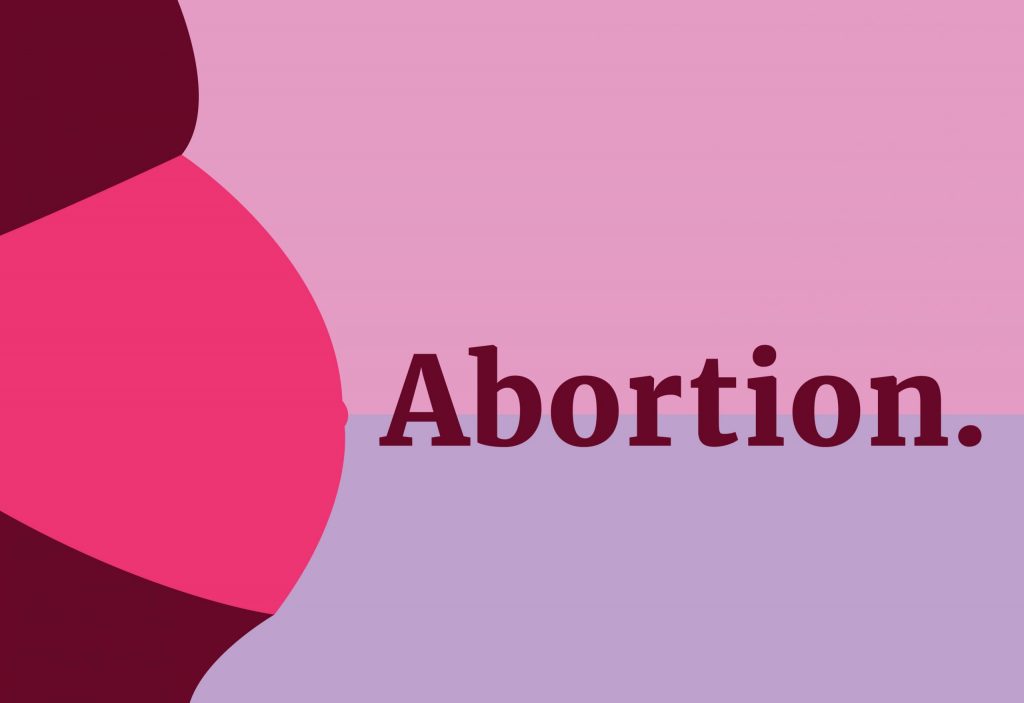
Late Termination Of Pregnancy (24+ Weeks) – What To Expect.
Late termination of pregnancy is a highly sensitive and emotional topic. During the procedure, the fetus is removed from the womb after the 24th week of pregnancy, which involves a number of medical and logistical procedures.
Recent statistics on late term abortions show that they are relatively rare, with less than 1% of all abortions taking place after 24 weeks.
Some people argue that late term abortions are necessary in certain situations, while others believe that these procedures should never be performed under any circumstances.
Regardless of your stance on the matter, it’s important to have an understanding of the facts surrounding late term abortion.
It is up to society to continue the conversation and ensure that all women have the support they need during this challenging time.
In this guide, we will discuss the types of procedures available, factors that may influence the decision to terminate, risks and risk minimization, preparation, and the recovery process.
Emotional and psychological support is essential during this time, and resources and tools will be provided throughout.
Late Termination Of Pregnancy – Patient’s Options:
If you experience a late termination of pregnancy, your options will depend on several factors like the stage of your pregnancy and your specific medical conditions. Your healthcare provider may recommend induction or dilation and evacuation (D&E).
- Induction: This method involves the use of medications to induce labor. The procedure is usually performed in a hospital setting, and your doctor will monitor your health and provide pain relief options.
- Dilation and Evacuation (D&E): In this method, the healthcare provider dilates the cervix and removes pregnancy tissue through suction and surgical instruments. This procedure typically takes place in a hospital or an outpatient facility under anesthesia.
Late Termination – Factors Influencing the Decision:
Several factors can influence the decision to terminate a pregnancy at a later stage, including:
- Severe fetal abnormality or incompatible-to-life diagnosis.
- Serious risk to the patient’s health or life.
- Late discovery of pregnancy.
- Personal reasons.
In all cases, the decision to terminate a late pregnancy should be made in close consultation with a healthcare provider, who can provide relevant guidance and support.

The reasons why people may seek out late-term abortions are complex.
What to Expect Before the Procedure
Before the procedure, you must have an in-depth discussion with your healthcare provider to determine the best course of action for your specific situation. This would include:
- A thorough evaluation of your medical history, pre-existing conditions, and current medications.
- Conducting necessary lab tests and ultrasound scans to determine the gestational stage of the pregnancy.
- Explanation of the steps involved in the chosen procedure, along with potential risks.
- Discussion of pre- and post-procedure care and plans for emotional support.
During the Procedure
Depending on which procedure you undergo, there will be some differences on what to expect during the process:
- Induction: Labor may take several hours or longer. Medications will be administered to manage pain and ease the labor process. Medical staff will monitor you closely for signs of complications.
- Dilation and Evacuation (D&E): You will be given anesthesia, and the healthcare provider will first use instruments or medications to dilate the cervix. The pregnancy tissue is then carefully removed with a combination of suction and surgical instruments.
After the Procedure
After a late termination of pregnancy, it is normal to experience a range of physical and emotional symptoms. Some common effects include:
- Cramping and mild pain
- Bleeding or spotting
- Emotional fluctuations—grief, guilt, anxiety, or relief
To manage discomfort and support your recovery, consider the following recommendations:
- Take over-the-counter pain relievers as recommended by your healthcare provider.
- Apply a heating pad to ease cramping.
- Maintain good hygiene practices to minimize the risk of infection.
- Stay gentle and give yourself time to heal emotionally, seeking support from friends, family, or professional counselors if needed.
- Schedule a follow-up appointment with your healthcare provider to assess recovery, address any emotional concerns, and discuss birth control options.
Risks and Risk Minimization
With any procedure, there are potential risks involved, and these may increase with later gestation. Some risks associated with late termination of pregnancy include:
- Infection.
- Hemorrhage.
- Uterine perforation.
- Blood clotting issues.
- Adverse reactions to anesthesia or medications.
To minimize these risks, healthcare providers will:
- Take thorough medical histories and conduct appropriate examinations.
- Employ sterile technique and infection prevention measures.
- Carefully monitor the patient during the procedure.
- Provide adequate post-procedure care and follow-up.
Late termination procedures carry some risks, but overall are considered to be safe when performed by a trained healthcare professional.

Late Term Abortions are generally safe and most women will not experience any problems.
Follow-Up Appointments And Recovery Process
Follow-up appointments are essential to ensure proper healing and recovery. Your healthcare provider will monitor your physical and emotional progress, check for any complications, and provide further care as necessary.
It is crucial to attend all scheduled follow-up appointments to ensure a healthy and successful recovery.
Counseling and support groups can also help women cope with the emotional aspect of a late termination.
Your healthcare provider can provide referrals to mental health professionals and support groups specifically for women who have experienced a late termination of pregnancy.
After a late termination of pregnancy, some women may benefit from physical therapy to help restore muscle strength in the abdominal and pelvic regions. Your healthcare provider can recommend appropriate exercises.
Wrapping Up
With all of the information stated above, it is important to remember that late termination of pregnancy may be a difficult choice to make, but can be the best fit for you and your circumstances.
Although it is natural to feel emotional pain when considering a late termination of pregnancy, having professional medical support can help take away some of the weight and fear that comes with this decision.
Therefore, trusting yourself as well as your doctor during this time is key for navigating choice whether or not a late termination of pregnancy is right for you.
Contact us if you need help.
The Fort Lauderdale Women’s Center is Offering The One Hour Abortion Pill Procedure – 3 to 14 Weeks. Patients who qualify may receive a significant discount in the price of the procedure if they meet certain criteria.
Call Us Now For Same Day Appointment.
Dr James S Pendergraft | Orlando Women’s Center | Abortion Pill Clinic | Articles On Abortion


Leave a Reply